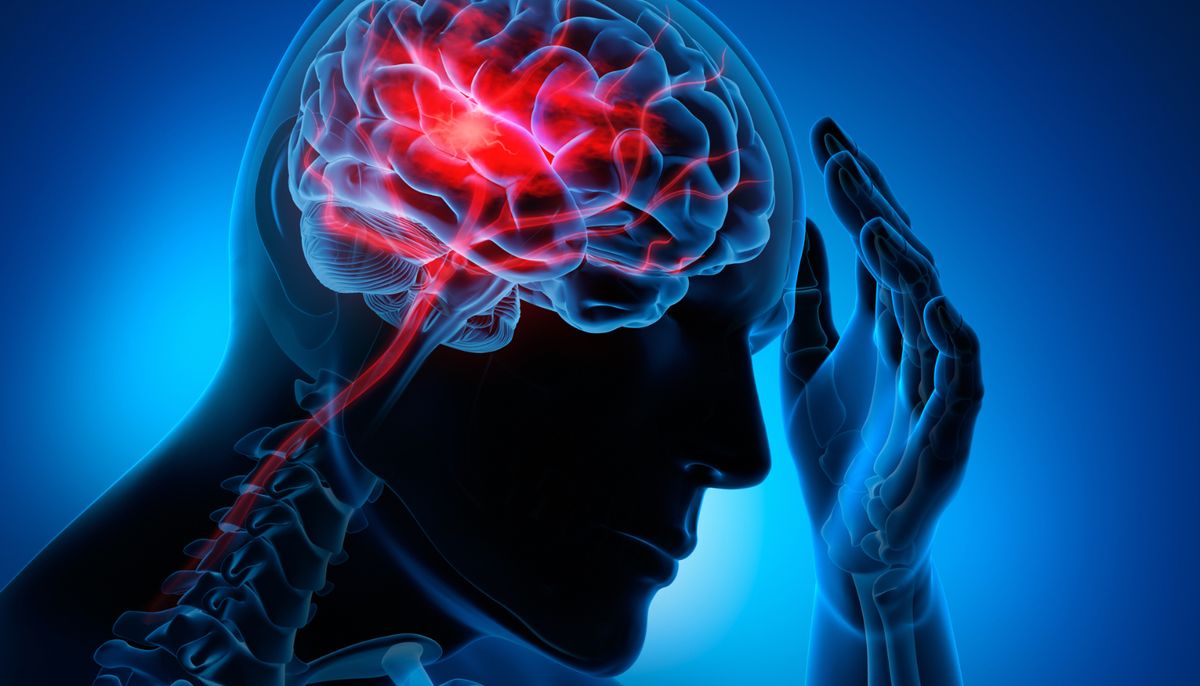New Treatment Discovery for Stroke Victims
A recent breakthrough by researchers at Laval University has uncovered a key protein in the brain that plays a crucial role in repairing damaged tissues following a stroke. The protein, PDGF-D, has the potential to revolutionize stroke treatment by promoting tissue recovery. Published in the renowned journal Cellular and Molecular Life Sciences, this discovery opens up new possibilities for developing innovative therapies for stroke patients.
Understanding the Role of PDGF-D in Stroke Recovery
The study led by Ayman ElAli, a professor at the Faculty of Medicine at Laval University, sheds light on the transient production of PDGF-D in the brain after a stroke. This protein, previously discovered in mice, is essential for the survival of neurons and the maintenance of cerebral blood flow. By targeting the interaction between PDGF-D and pericytes, specialized cells that regulate blood flow in the brain, researchers were able to demonstrate the critical role of this protein in post-stroke recovery.
Potential Implications for Stroke Therapy
The promising results obtained from administering PDGF-D in mouse models of stroke highlight the therapeutic potential of this protein in promoting neuronal survival and vascular regeneration. The non-invasive delivery of PDGF-D through nasal administration offers a feasible and effective approach for mitigating the damage caused by strokes and enhancing tissue repair. With further research and clinical trials, the use of PDGF-D as a treatment for stroke patients could soon become a reality, bringing hope to those affected by this debilitating condition.
In conclusion, the discovery of PDGF-D as a key player in stroke recovery represents a significant advancement in the field of neuroscience. The potential for harnessing the regenerative properties of this protein to improve outcomes for stroke patients holds great promise for the future of stroke therapy.





















